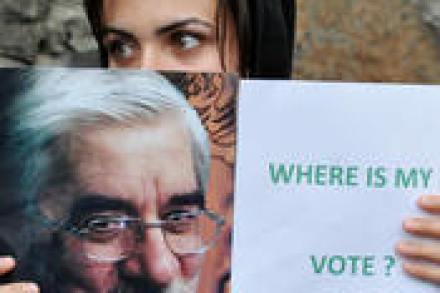BBC Asks for Increased Subsidy Shocker!
Unsurprisingly, the BBC wants the government to increase the number of sporting events that have to be shown on “free-to-air” [sic] television. But it’s hard to see why there needs to be any list of “protected” sport on terrestial television in the first place, let alone why that list should be expanded. Here’s the BBC’s argument: The BBC insists the protected list should be retained and its submission argues that “to limit access to those willing and able to subscribe to pay-TV would threaten the fabric of our sporting and cultural nation”. Dominic Coles, chief operating officer, BBC Journalism and director of sports rights said: “The BBC believes the list










